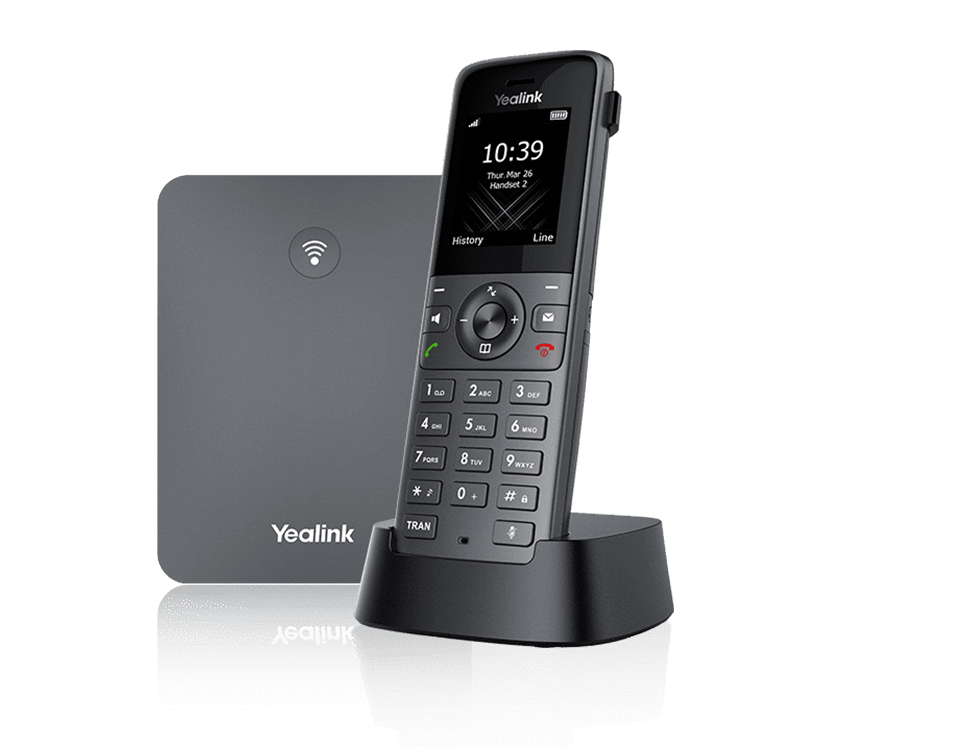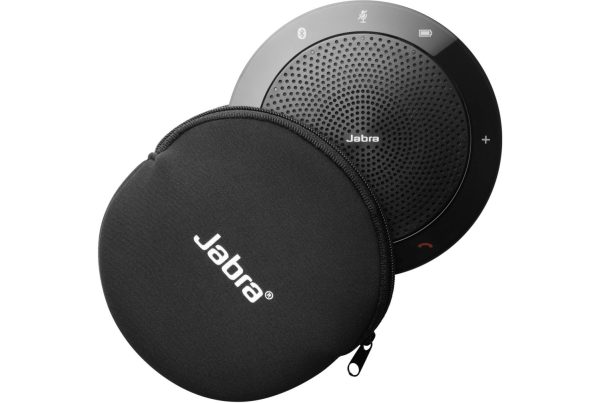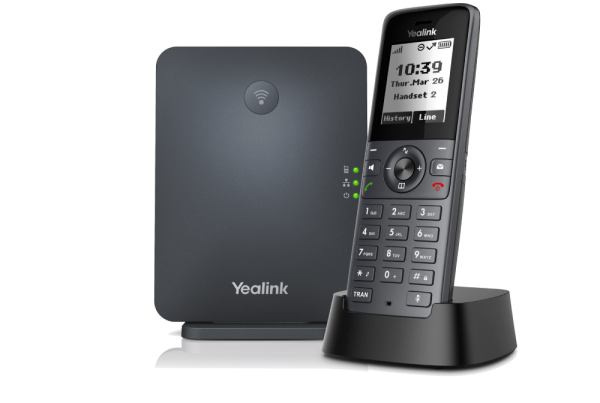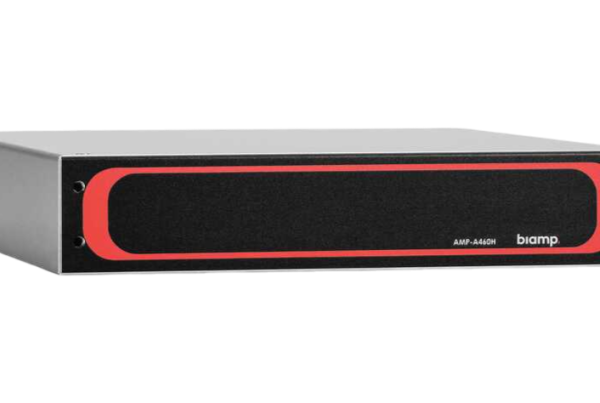Introduction
In today’s digital world, cybersecurity breaches and data privacy concerns are more prevalent than ever. With many people relying on wireless devices like smartphones and home phones for communication, securing personal information is essential. This is where DECT technology plays a crucial role. But what makes DECT phones so secure? How do they protect your privacy and ensure confidential conversations? Let’s explore DECT security, why it’s a trusted choice, and how it compares to other communication technologies.
Table of Contents
- Introduction
- What is DECT Technology?
- How Does DECT Security Work?
- DECT Phone Security Features
- DECT Encryption: A Key Element of Security
- Why DECT Phones Are Safer Than Regular Landlines
- The Role of DECT in Data Privacy and Protection
- Is DECT Security Enough to Protect Against Cyber Threats?
- Conclusion
- FAQS
What is DECT Technology?
DECT stands for Digital Enhanced Cordless Telecommunications. It is a wireless communication standard primarily used for cordless phones but also found in baby monitors, home security systems, and wireless headsets. DECT replaces older analog systems, offering better sound quality, range, and most importantly, enhanced security.
Older technologies were vulnerable to eavesdropping. DECT uses digital signals, making unauthorized interception much harder. This ensures a secure option for users concerned about wireless phone security. But beyond sound quality and range, DECT’s built-in security features truly set it apart.
How Does DECT Security Work?
DECT security relies on encryption, authentication, and frequency hopping to protect communications:
-
Encryption: DECT phones use encryption algorithms to secure data between the handset and the base station. Even if intercepted, the data remains unreadable without a decryption key.
-
Authentication: Before communication begins, the handset and base station authenticate each other, ensuring only authorized devices can connect.
-
Frequency Hopping: The phone rapidly switches frequencies during transmission, making eavesdropping difficult.
These mechanisms make DECT phones significantly more secure than older analog systems.
DECT Phone Security Features
Several security features help keep DECT conversations private:
-
Secure Pairing: Handsets and base stations pair only after authentication, preventing unauthorized devices from connecting.
-
Advanced Encryption Protocols: Many DECT phones use AES (Advanced Encryption Standard), a globally trusted encryption method.
-
Limited Range: DECT signals typically cover up to 100 meters indoors, reducing the risk of external interception.
-
Password-Protected Voicemail and Settings: Many DECT phones require a password to access voicemail and configuration settings, preventing unauthorized changes.
https://youtu.be/fpcZEeWmMc0?si=nRLSuARp4SjZ1h4a
DECT Encryption: A Key Element of Security
Encryption ensures DECT communications remain private. There are two main types:
-
Basic Encryption: Standard DECT encryption that protects against unauthorized access.
-
Advanced Encryption (AES): More secure encryption used in modern DECT systems, widely regarded as the gold standard in cybersecurity.
These encryption methods prevent hackers and eavesdroppers from intercepting conversations.
Why DECT Phones Are Safer Than Regular Landlines
Landlines may seem secure, but they lack DECT’s advanced security features. Here’s why DECT phones are a safer choice:
-
Digital vs. Analog: Landlines transmit analog signals, which are easier to intercept. DECT uses encrypted digital signals, making interception difficult.
-
Wireless Encryption: Unlike landlines, DECT encrypts transmissions between handsets and base stations.
-
No Physical Tapping: Traditional landlines are vulnerable to wiretapping. DECT’s wireless encrypted communication eliminates this risk.
In short, DECT phones offer a level of security that regular landlines simply can’t match.

The Role of DECT in Data Privacy and Protection
In an era where data protection is critical, DECT phones enhance privacy in multiple ways:
-
Personal Privacy: Prevents unauthorized eavesdropping on private conversations.
-
Business Security: Ensures confidential business discussions remain protected.
-
Regulatory Compliance: Meets industry encryption standards for secure communications.
With DECT security in place, you can have peace of mind knowing that your communications are shielded from prying eyes.
Is DECT Security Enough to Protect Against Cyber Threats?
DECT technology offers strong security, but no system is entirely immune. It helps prevent common attacks such as:
-
Eavesdropping: Encryption keeps conversations private.
-
Spoofing: Authentication blocks unauthorized device connections.
However, as with any technology, there are always evolving threats. It’s important to regularly update your devices and stay informed about potential vulnerabilities in the system. While DECT phone security is robust, being proactive about other aspects of network security will help ensure your protection.
Conclusion
DECT phones provide superior security with encryption, authentication, and frequency hopping. Compared to traditional landlines and other wireless technologies, DECT offers better privacy protection. Whether for personal or business use, DECT phones ensure safe communication in an increasingly digital world.
FAQs
What makes DECT phones secure?
DECT phones use encryption, authentication, and frequency hopping to protect your conversations from unauthorized access.
How does DECT encryption protect my privacy?
DECT encryption scrambles the data being transmitted between your phone and base station, making it unreadable to anyone intercepting the signal.
Are DECT phones more secure than smartphones?
Yes, DECT phones offer better security for voice communication than smartphones, as they use advanced encryption and digital signals to protect your conversations.
Can DECT phones be hacked?
While no system is entirely immune to hacking, DECT phones are highly secure due to their encryption and authentication features, making them significantly harder to hack than traditional phones.
Will DECT phones continue to evolve?
Yes, as cybersecurity threats evolve, DECT phones will incorporate more advanced encryption and authentication methods to further enhance security and protect against emerging threats.
DECT phones use encryption, authentication, and frequency hopping to protect your conversations from unauthorized access.
DECT encryption scrambles the data being transmitted between your phone and base station, making it unreadable to anyone intercepting the signal.
Yes, DECT phones offer better security for voice communication than smartphones, as they use advanced encryption and digital signals to protect your conversations.
While no system is entirely immune to hacking, DECT phones are highly secure due to their encryption and authentication features, making them significantly harder to hack than traditional phones.
Yes, as cybersecurity threats evolve, DECT phones will incorporate more advanced encryption and authentication methods to further enhance security and protect against emerging threats.





